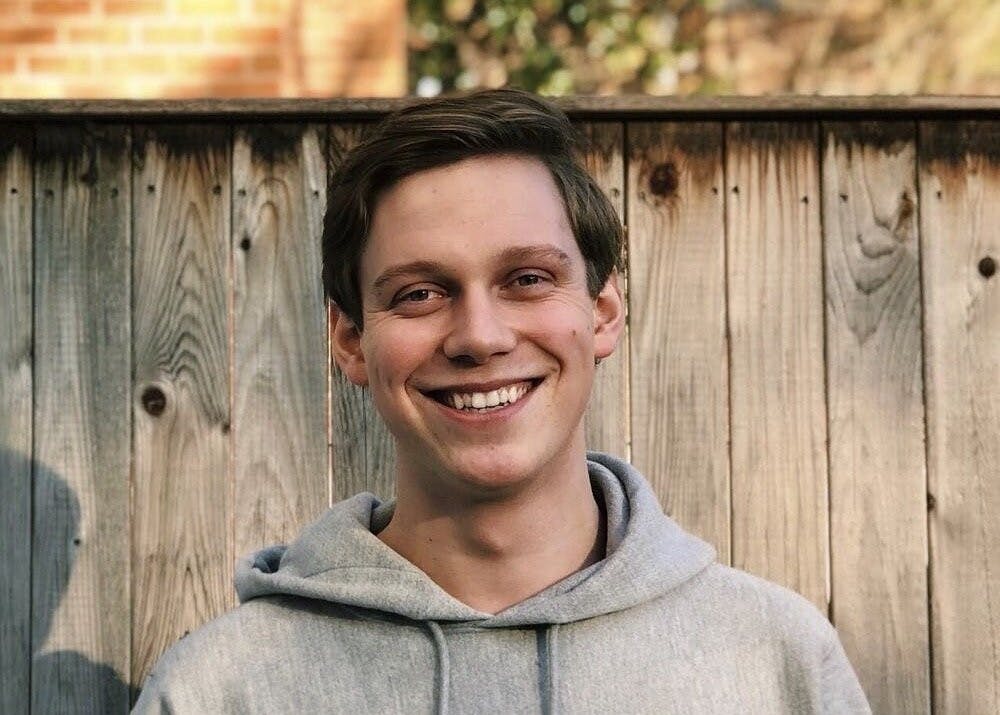Editor’s note: This article originally appeared on theeaglecoronavirusproject.com, a separate website created by Eagle staff at the onset of the coronavirus pandemic in spring 2020. Articles from that website have been migrated to The Eagle’s main site and backdated with the dates they were originally published in order to allow readers to access them more easily.
Ever since he began his freshman year at American University, Ryan Barto looked forward to one moment — his mom, who didn’t graduate high school, watching him walk across the stage at graduation.
That opportunity was taken away from him when the University announced in March that there would be an online commencement ceremony due to the coronavirus pandemic.
“I was here because of her work,” Barto said.
For many first-generation students, commencement is much more than listening to speakers and receiving a diploma. It’s a celebration for their parents, who were not able to receive a college education, and a celebration of themselves for navigating the complexities of college life, such as applying for financial aid and working multiple jobs.
“First-gen students don’t always have the luxury of being able to call home when things get confusing or when you need help in college,” Mariah Espada, spring 2020 graduate, said.
Espada said that graduation was also a moment that she and her family had been anticipating, not just for four years, but practically her whole life. She said that she understood the reason why the University had to cancel commencement, but that it was still a hard pill to swallow.
Spring 2020 graduate, Christina Fluharty, said that after balancing three jobs, paying her own loans and filing her own taxes, she was disappointed when she couldn’t celebrate her achievements with her family, specifically her sister.
“I am paving the way for both of us and it is a little tricky navigating because neither of my parents know how the FAFSA works or anything like that,” Fluharty said. “So it was a very much self-driven journey.”
Fluharty said that she felt like the online commencement ceremony was depersonalized and that she could have gone without watching it. She said that she wishes the University would have considered that some students, who are low-income and moving far away from D.C., like herself, will be unable to come back in December for the planned in-person celebration.
Like Fluharty, both Barto and Espada were unable to celebrate with their families, but instead celebrated with their friends, who were also graduating. Espada said that she made the best out of the situation by baking a cake, while Barto described his morning as “little individual ceremonies.”
“I had little individual ceremonies and basically phone calls with people who helped me along the way,” Barto said. “It was more about saying ‘thank you’ than it was necessarily about me individually.”
Although AU, including the Center for Diversity and Inclusion, offers resources for first-generation students, Barto said he developed a club called the First Generation Student Union, which AU approved this spring, to hopefully provide more support and resources.
“Older students like myself can be able to mentor younger students as they travel through as first-gens at AU and then hopefully transition them into the real world and find careers and jobs,” Barto said.





